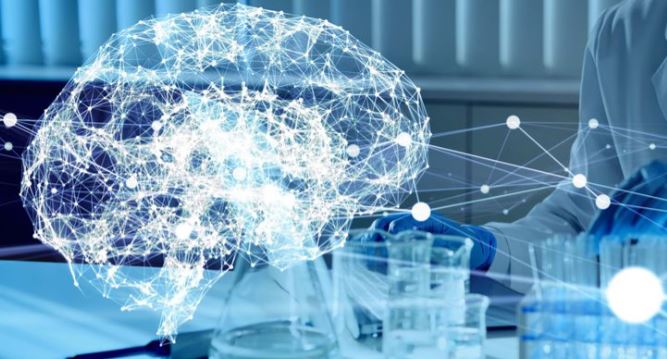Scientists from Erasmus MC, Amsterdam UMC and TU Delft are receiving four million euros to develop innovative technologies in faster diagnosis and better treatment of stroke patients. Congratulations to Theo van Walsum and Aad van der Lugt

The consequences of stroke are a major social problem. One in four Dutch people will suffer a stroke. The condition is the most common cause of permanent disability in adults and leads to high social and healthcare costs. The phrase “Time is Brain” emphasizes the benefit of prompt treatment for the patient, health care and society, say the lead applicants. ‘Starting treatment an hour earlier leads to a better outcome and an average savings in healthcare spending of €18,000 per patient,’ Theo concludes. The new applications and technologies are badly needed.
In the private-public partnership program CONTRAST (COllaboration for Novel Technologies foR Acute STroke), the Dutch CONTRAST Consortium, comprising scientists from Erasmus MC, Amsterdam UMC and TU Delft, will work on developing innovative technologies to improve the diagnosis and treatment of stroke patients.
Based on the motivation of new technologies in stroke care, the consortium is jointly receiving four million euros from Health Holland for the new research program of which Theo is one of the program chairs. It contributes to faster treatment through detection of bleeding in the ambulance and automatic selection of appropriate catheters and stents for a patient’s vascular structures. Theo mentions ‘But also the aforementioned digital twin, for simulation of treatment beforehand, and automatic analysis of imaging before and during treatment contribute to better treatment’